Déjà vu is the phenomenon where you feel that you’ve “seen it before” when experiencing something for the first time.
Many people have wondered about this strange feeling at least once in their lives.
In this article, we dive into the mechanisms of déjà vu, psychological interpretations, and the unexplained mysteries surrounding this phenomenon.
What Is Déjà Vu?
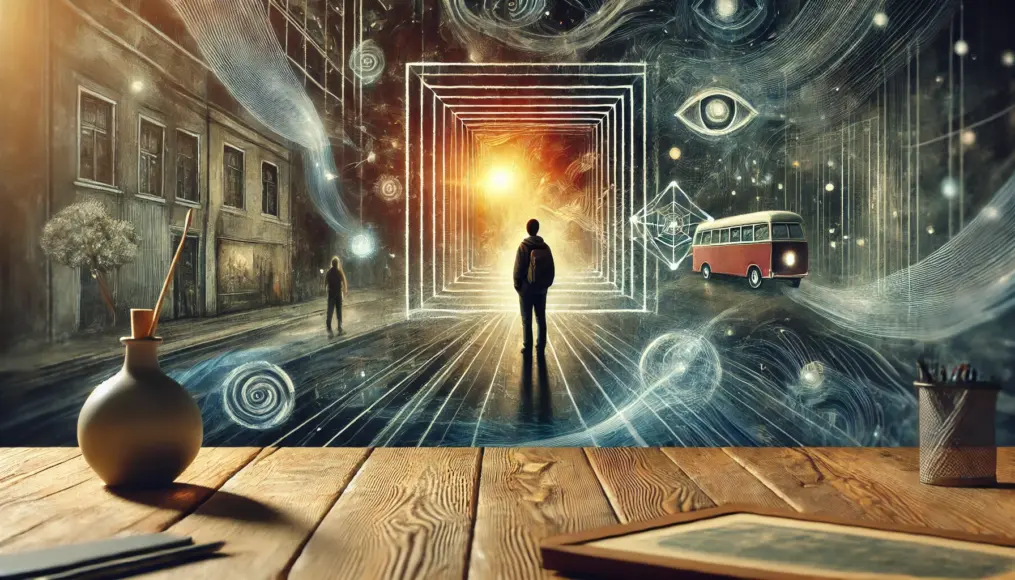
Déjà vu, which means “already seen” in French, is the strong feeling of familiarity with a situation you are encountering for the first time.
This peculiar occurrence has drawn attention as one of the “strange phenomena” that defies simple explanation.
Psychologically, it is often attributed to temporary memory malfunctions or cognitive errors in the brain, yet the true nature of déjà vu remains unknown.
The Brain and Déjà Vu: How Memory Works
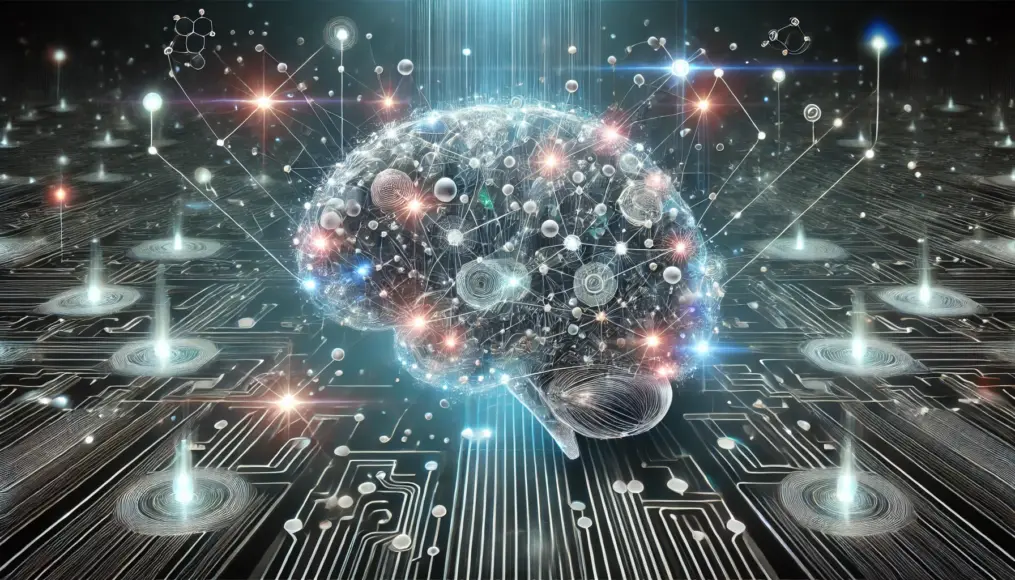
Some researchers believe that déjà vu results from errors in the brain’s information processing.
When the brain tries to recognize new information, short-term and long-term memory might work simultaneously, causing an event to feel as though it happened in the past.
Here are some theories on how the brain may be linked to déjà vu.
- Memory Confusion
The brain sometimes mixes up new events with memories of past experiences, causing “misregistered” memories that lead to the feeling of déjà vu. - False Memories
During memory reconstruction, we may unintentionally imagine scenarios that never actually happened.
These false memories could be one reason why déjà vu feels so vivid. - Delayed Neural Signals
When neural signals in the brain experience slight delays, the current experience may be perceived as “past.”
This tiny time lag may generate the sensation of déjà vu.
Psychological Interpretations of Déjà Vu
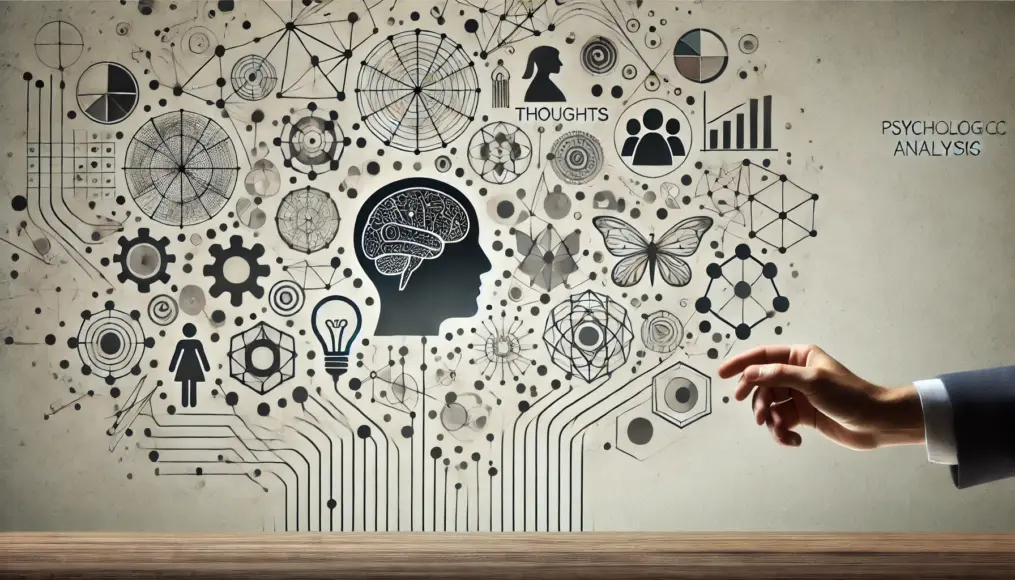
Déjà vu is also a fascinating topic in psychology, studied in relation to memory illusions and issues of self-recognition.
The following factors are believed to play a role in déjà vu experiences.
- Effects of Stress and Fatigue
When experiencing high levels of stress or fatigue, the brain is more likely to make temporary cognitive errors.
These states could amplify the feeling of déjà vu. - Gaps Between the Conscious and Subconscious Mind
Sometimes, information stored in the subconscious surfaces suddenly, leading us to believe we are recalling past events.
This is one potential cause of déjà vu. - Connection with Dreams
Some psychologists suggest that déjà vu occurs when real-life experiences mirror past dreams.
Dreams may be unconsciously stored, creating a sense of familiarity when we encounter similar situations.
The Mysteries and Unexplained Aspects of Déjà Vu
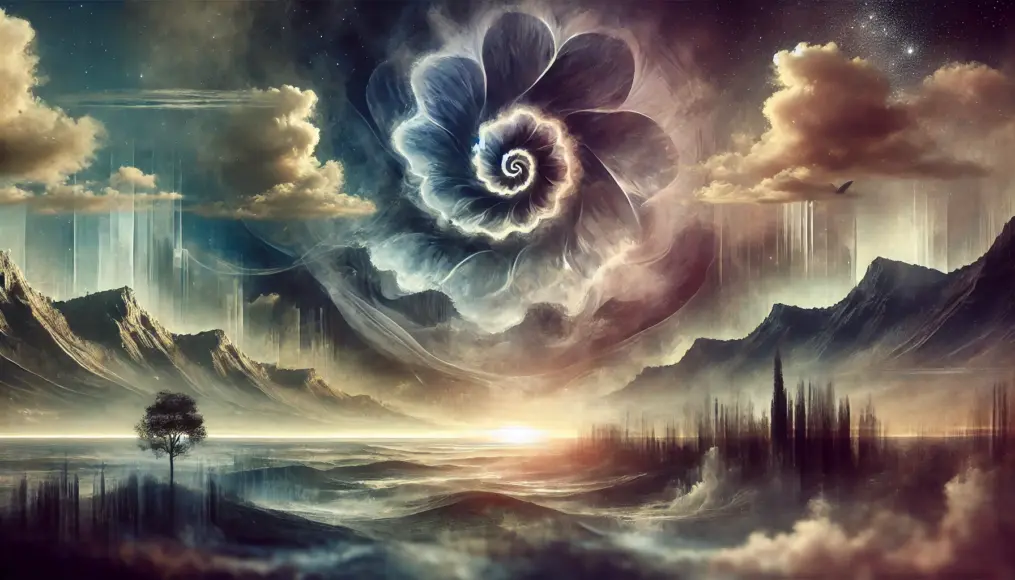
While scientific research continues to explore déjà vu, much remains unknown.
Some people even describe déjà vu as a sort of alternate reality experience, hinting at realms beyond conventional psychological explanations.
This phenomenon may reveal the limits of human cognition and point toward the unknown territories of the brain.
Summary
- Déjà vu is the phenomenon of feeling familiar with a new experience
- It may involve errors in memory processing or brain misinterpretations
- Stress, the subconscious mind, and memories of dreams could trigger déjà vu
- This fascinating phenomenon hints at the mysteries and depth of the human brain
Déjà vu is an unusual experience that lurks in our everyday lives, yet its mysteries remain unsolved.
This phenomenon encourages us to think deeply about the complexity of the brain and the nature of memory.
As research continues, we look forward to the day when the mysteries of déjà vu are finally unveiled.

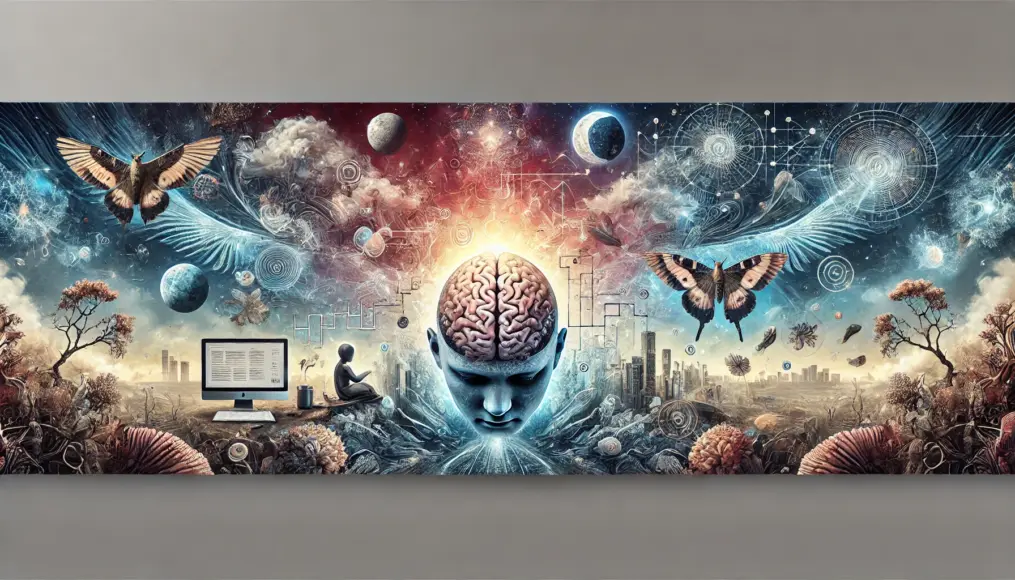

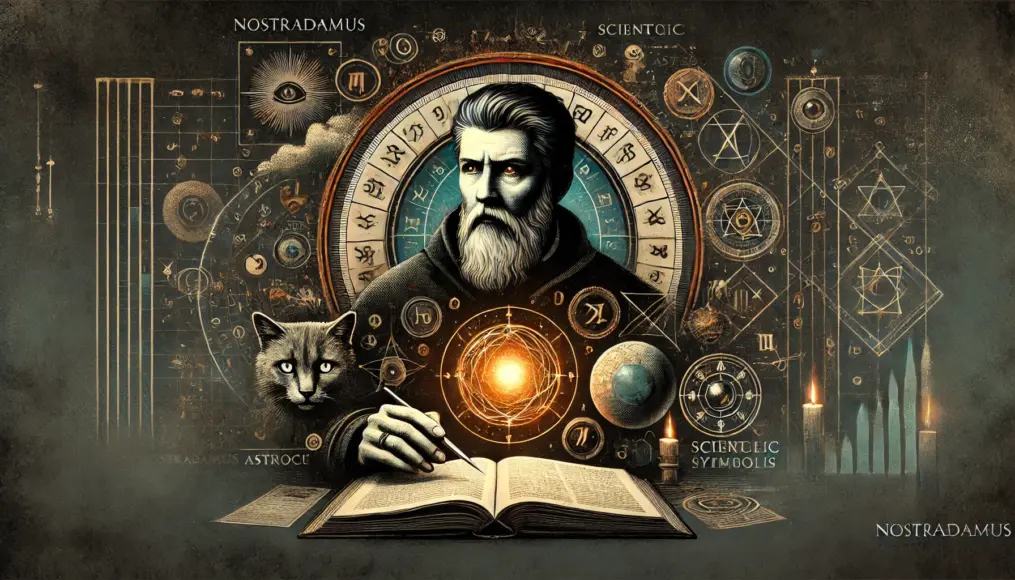
Comment